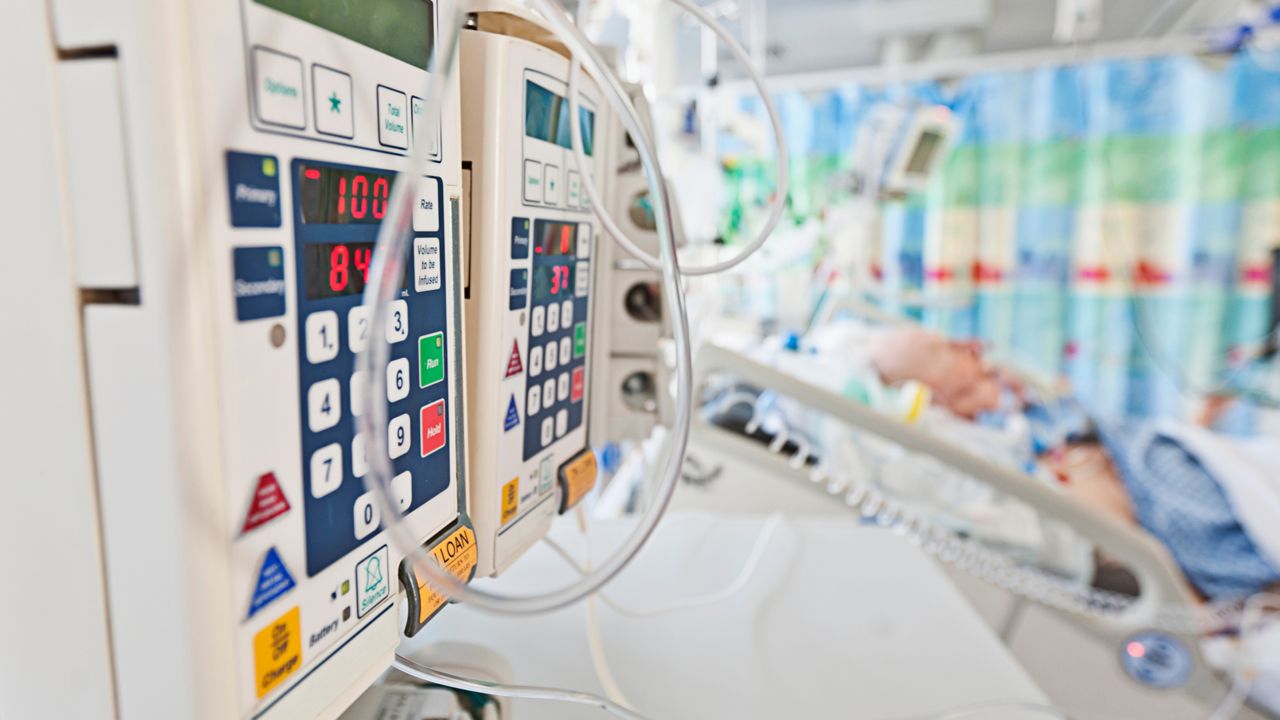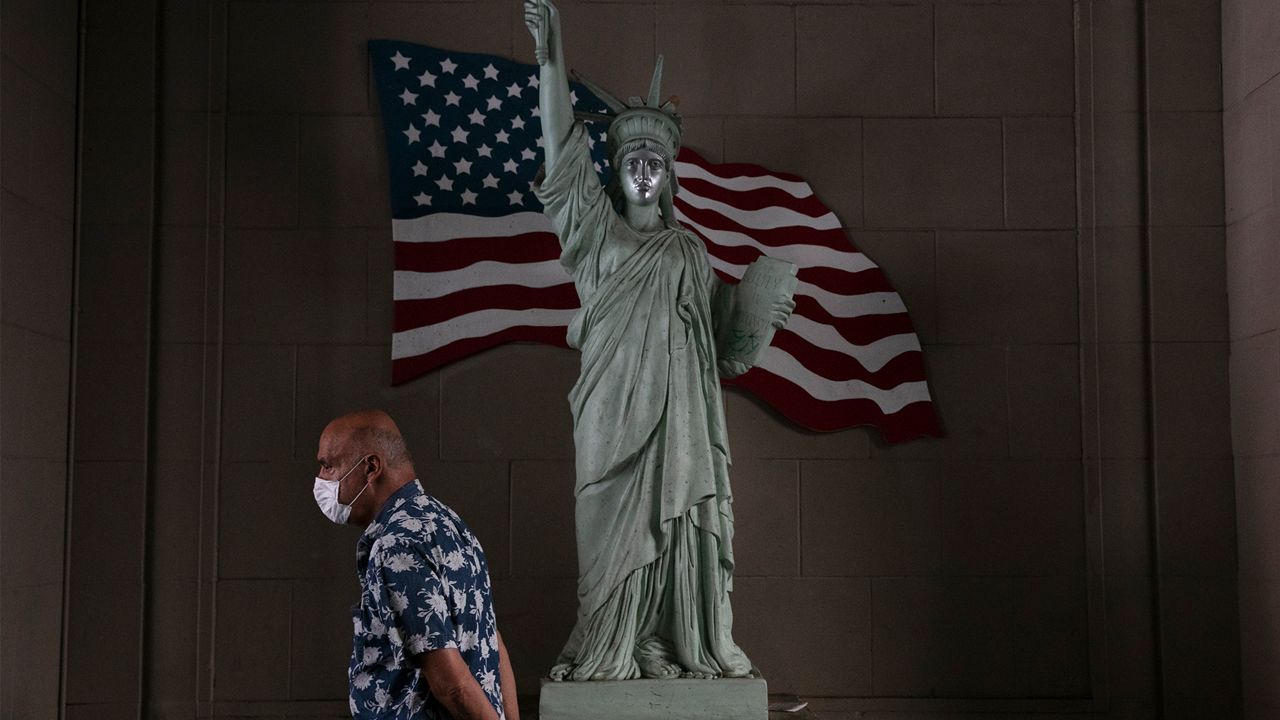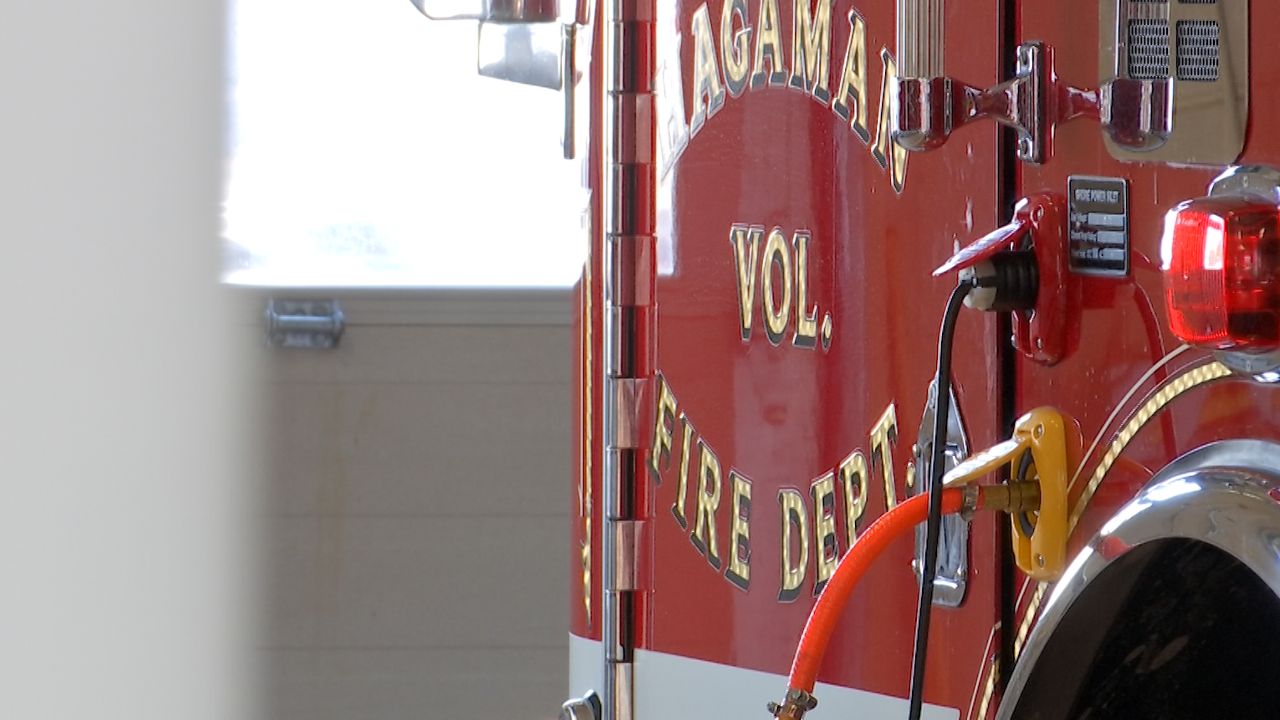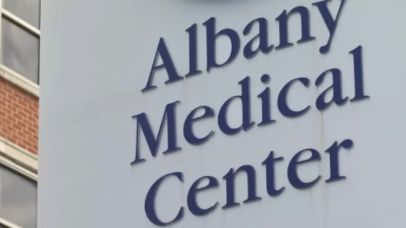Dr. Alex Marsal has been a clinical psychologist for more than 30 years. Like virtually every corner of society, he says his industry was caught off guard by the spread of the coronavirus.
What You Need To Know
- Coinciding with National Suicide Prevention Week and month, Thursday marked World Suicide Prevention Day
- Dr. Alex Marsal has practiced clinical psychology in Troy for more than 30 years and is the co-founder of aptihealth, a national digital network of behavioral health providers
- Marsal says the coronavirus pandemic has spurred higher rates of anxiety, depression, and suicide across the country
“I think that behavioral health is always a little bit behind medicine,” Marsal said Thursday morning. “So if medicine or health care isn’t ready for a pandemic, then behavioral health also isn’t ready for a pandemic.”
Marsal practices in Troy and is co-founder of aptihealth, a national digital network of behavioral health providers. He says an estimated one in five Americans struggle with their mental well-being; a number that has climbed since March.
“We adapt, even to bad things, so if we don’t get help, we’ll just adjust to suffering,” Marsal said. “It’s important to remember you don’t have to suffer and to reach out.”
After decades of battling depression, Capital Region resident Tony went through aptihealth’s 90-day program last year.
“I didn’t really start thinking about it until my brother committed suicide,” Tony said during an interview provided by aptihealth. “At that point I thought maybe you better start seeking help.”
“His wife will say he just wasn’t living life, he was existing,” Marsal said.
Dr. Marsal says the aptihealth program Tony went through is different because therapists, medication prescribers, and primary care doctors are in constant contact with each other and patients, thanks to digital technology.
“Instead of waiting for them to come to us, we do aggressive outreach, we do education, we do things to help them realize their life could be better,” Marsal said.
According to the interview provided by the company, aptihealth’s approach helped Tony turn his life around.
“I’d been seeking treatment for 12 years, and in just three months, this program did me wonders,” Tony said.
Midway through September’s National Suicide Prevention Week and month, Dr. Marsal hopes stories like Tony’s will be a beacon to those struggling alone and inspire them to seek help.
“I think that’s a pretty inspirational story,” Marsal said. “I think it offers hope to anybody who is feeling that way.”








